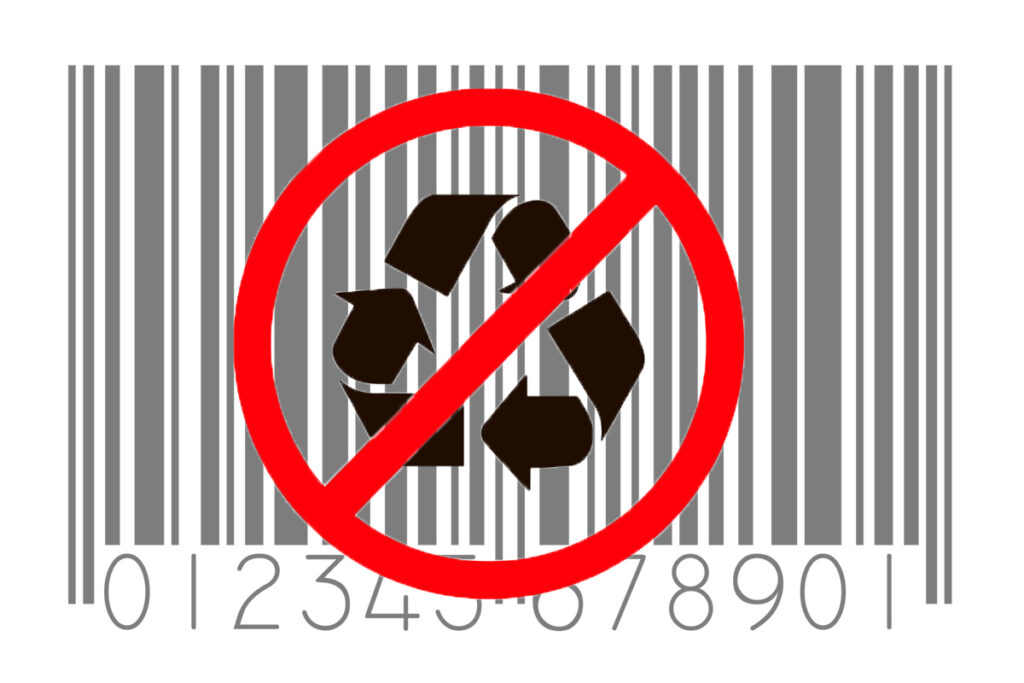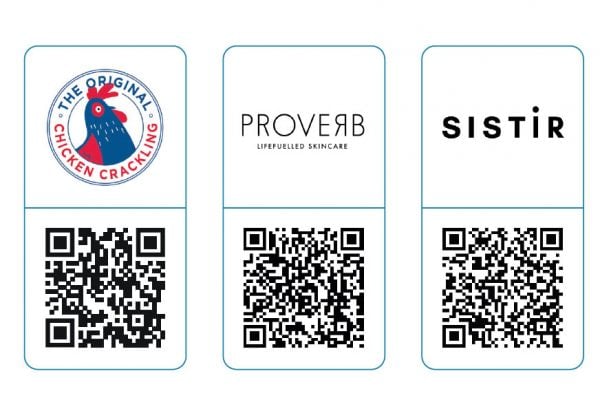In the apparel and grocery sectors, reusing a GTIN has previously been allowed after 30 months and 48 months of initial issuance respectively. GS1 UK are banning GTIN reuse from 2019 with the standard officially changing on the 31st of December 2018, although the language they are using is more in the form of a request than a directive.
In the past this hasn’t been a problem – once a particular line of clothing has sold out, GTINs could be reused in a future season as the GTIN was largely used internally. This all changed as business moved online and it’s now not unusual for a consumer to do product research or a merchant to sell out of season stock and so in the age of ecommerce, once a GTIN is assigned to a product, it could be associated with it forever in the online world. There’s nothing more frustrating than searching online with a GTIN to find it surfacing a totally different product to that which you were expecting.
Keeping product identification truly “unique” and persistent in both the physical and digital world is needed to support today’s omni-channel consumer experiences. Consistency across the physical and digital world is foundational to the future of commerce.
Industry is evolving and has demanded a change in the status quo – that’s why if you’re reusing your GTINs at the moment, GS1 are asking you to stop. Putting an end to GTIN reuse will mean:
- Reduced consumer confusion in the market and in supply chain data exchange systems
- Increased transparency to the consumer
- Better brand visibility online
- Enhanced product traceability with uniqueness of product history and provenance
- More efficient after-sale consumer uses of GTIN (warranty, maintenance, repair)
- Improved sales analytics
- Enable uniqueness of online data, post-initial offering (collectibles, etc.)
There are two exception to the GTIN reuse ban – if a GTIN was assigned to a product which was never released then it can be reused and if a trade product was withdrawn from sale and then reintroduced with no changes the same GTIN can still be used.










One Response
I look forward to seeing the price per GTIN/EAN code falling to one cent each with a minimum order of 100 to enable small sellers to compete with lower costs.
Indeed pigs might fly.
An unelected and unaccountable monopoly will simply continue to extract ludicrous rent from the business community for simply providing and administering a database and shopping cart.
The current pricing model is not fit for purpose and is way too expensive.
The ability to provide GTINs should be opened up to other providers to allow competition to bite on this expensive monopoly provider.